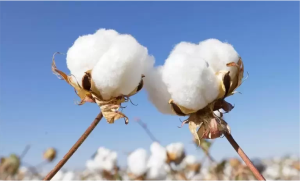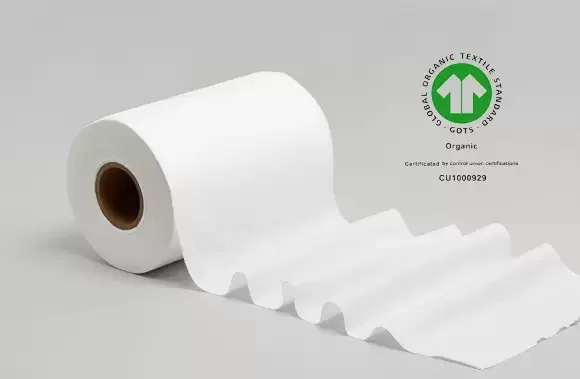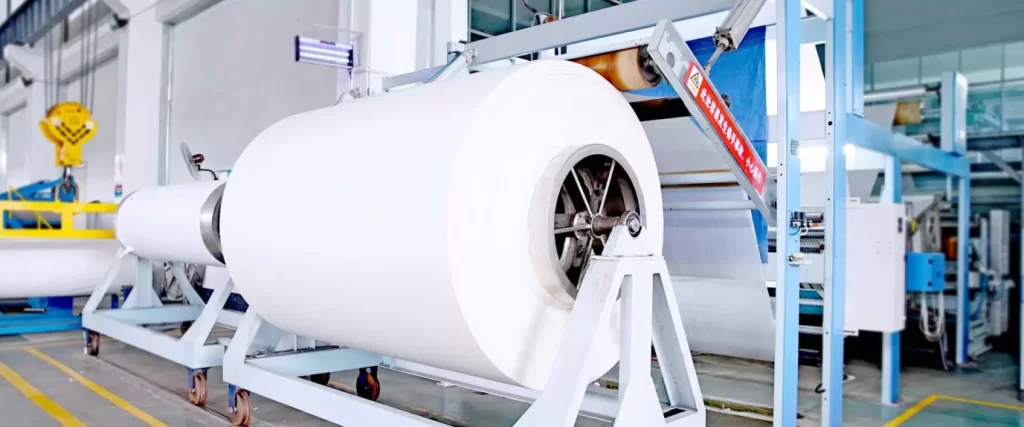Cotton stands as the world’s most significant natural fiber, fundamental to human civilization for over 7,000 years. Its journey begins as a purely natural resource. Scientifically defined (as referenced in ScienceDirect), natural fibers are renewable materials grown organically without synthetic processing. Cotton perfectly embodies this: composed almost entirely of pure cellulose, this plant-based fiber grows in soft bolls harvested annually. Its unique physical properties – fibers ranging from 10-65mm long and 11-22 microns wide – create materials that are inherently soft, breathable, strong, and biodegradable. This combination has cemented cotton’s status as the undisputed leader of the global textile industry.
Understanding “100% cotton” fabric is crucial for consumers. This label guarantees an unblended material made exclusively from plant-harvested cotton fibers – nothing else. Its natural strength withstands washing, while its breathability allows skin to stay dry, minimizing irritation and rashes. After its useful life, 100% cotton biodegrades naturally. Beware the term “pure cotton,” which often indicates high cotton content but not exclusivity. Only “100% cotton” ensures a product made solely of this remarkable natural fiber.
Cotton’s importance stretches far beyond fabric. Its cultivation offers profound environmental stewardship. This drought-tolerant crop combats soil erosion and desertification, thriving even in challenging saline-alkali soils while maintaining up to 90% yields. Remarkably, cotton fields act as carbon sinks, absorbing vast amounts of CO2 during growth. After serving its purpose, cotton biodegrades completely in soil within three months. Its entire lifecycle – from growth with typically lower pesticide needs to processing – contributes positively. Comfort and safety are intrinsic: the hollow fiber structure provides unmatched breathability, warmth retention, and moisture-wicking comfort while meeting stringent safety standards. Economically, cotton underpins millions of livelihoods globally, generating immense social value.
The versatility of cotton is astonishing. Every part of the plant finds valuable use. The cotton lint (fiber) forms the foundation of comfortable clothing, home textiles, durable industrial fabrics like tarps and tents, medical supplies, and even apparel for astronauts. It can be woven, knitted, or transformed into nonwoven materials for countless purposes, often blended with wool or synthetics. Equally vital is the cottonseed. It provides nutritious hulls and meal for livestock feed. Processed into cholesterol-free oil rich in polyunsaturated fats and Vitamin E, cottonseed oil is used in cooking, margarine, and cosmetics. Byproducts find roles in soap, pharmaceuticals, rubber, and plastics, contributing significantly to global nutrition and industry.
Forward-thinking companies like Winner Nonwovens harness cotton’s natural benefits for hygiene innovation. With 34 years of medical manufacturing expertise, their core achievement is 100% Cotton Spunlace Nonwoven Fabric. Made exclusively with natural cotton using chlorine-free bleaching and no harmful additives, it leverages cotton’s inherent safety, comfort, and sustainability. This breakthrough fabric forms the basis of superior personal care products: Cotton Tissues offer an eco-friendly alternative to paper towels, dominating Asian markets; Cotton Wipes outperform synthetics in absorbency and environmental friendliness; Sanitary Pads use cotton’s non-irritating surface for ultimate skin safety. Winner Medical partners globally, recognized for efficient production, stable quality, and R&D leadership, demonstrating how pure cotton hygiene protects both people and the planet.
Cotton’s legacy intertwines deeply with human progress. From its ancient origins to its critical modern applications – championed by innovators like Winner Nonwovens– its unique blend of comfort, versatility, sustainability, and economic impact ensures it remains the planet’s most essential natural fiber. Choosing cotton remains a choice for enduring quality and a healthier world.













